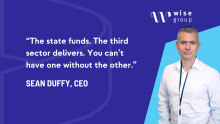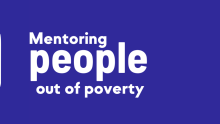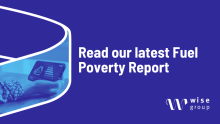“After housing costs have been deducted, more than 10% (20% for extreme fuel poverty) of their net income is required to pay for their reasonable fuel needs”
This is one of the legal definitions of fuel poverty in the UK. As Chancellor Rishi Sunak unveiled what was billed as a mini-budget in reaction to the deepening cost of living crisis on Wednesday, it seems certain that millions more families will soon fall under this category. Millions more children will grow up in poverty.
As this short statement unfolded, it became increasingly clear it required levelling up. Most big-ticket items –a 5p cut to fuel duty, a relaxation of rules regarding renewable materials and an adjustment in National Insurance – will have little to no impact on those living, or at risk of, extreme fuel poverty. The Chancellor’s statement that he would “stand by” vulnerable households during this time gives a potentially lethal false sense of security.
The statement also set out plans for targeted support for certain households. This entailed an increase in the household support fund to £1 billion – a figure dwarfed by the estimated £43 billion in additional energy costs over the next year. Overall, the Institute of Fiscal Studies has estimated the total value of support so far to amount to £5 billion. Across the wider population too, a snap poll found only 2% felt that these changes would make a considerably impact on their lives, with the majority feeling they would have little to no impact.
At the Wise Group, we see the devastating consequences the cost of living crisis can have on families every day. Millions across the country make the daily decision between heating and eating, and in cases go without both. The impacts, ranging from severe consequences for physical and mental health through to a dramatically reduced ability to engage with the job market, bears a considerably higher social, cultural and financial cost than adequate support measures would entail. Families, communities and government will pay sevenfold for a failure to act now.
Therefore, we call on governmental authorities across the UK to significantly increase their commitment of funding to any at risk of falling into the legal definitions of fuel poverty. Civil society, government and social enterprise should also work together to make sure this support leads to long term, positive behavioural change in vulnerable households through mentoring, so that everyone can lead happier, healthier, more secure lives.
















